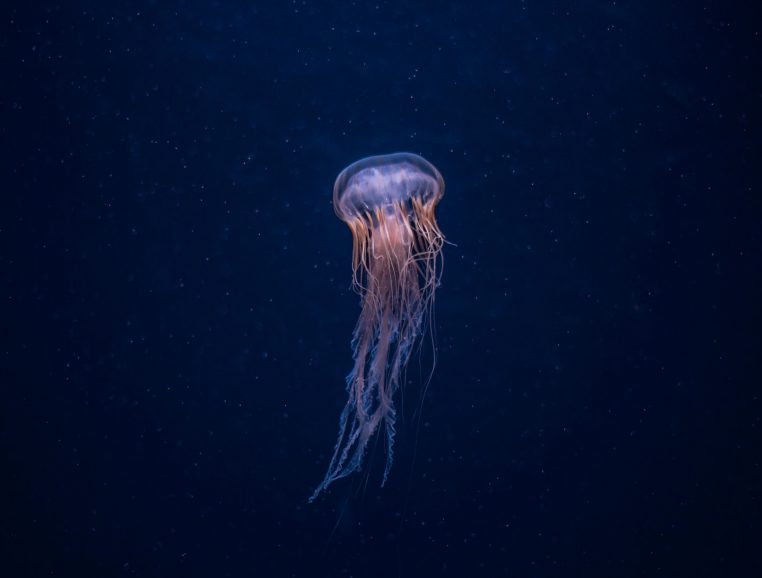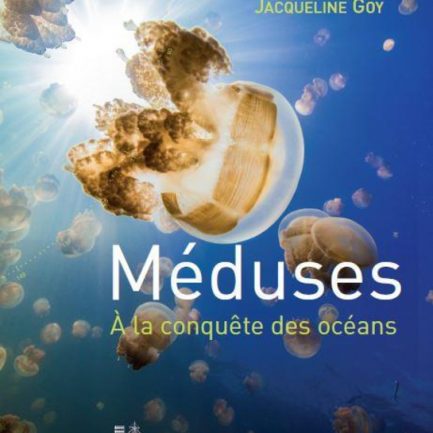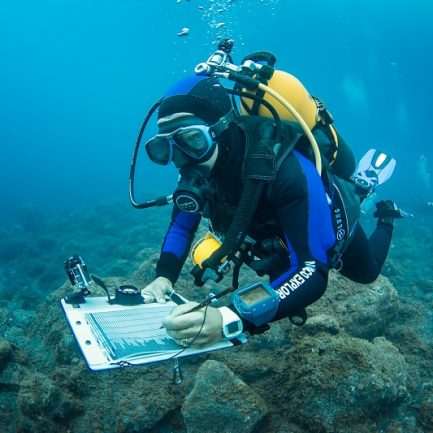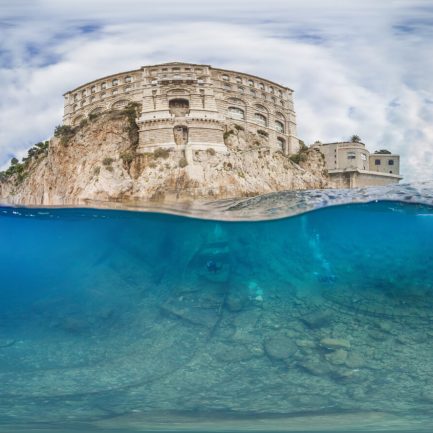Threats to the poles
What are the solutions for the Southern Ocean?
- Home
- Actualités
- Threat to the Southern Ocean
At a time when global warming and the acidification of the oceans are leaving no region untouched and when our appetite for natural resources is sharpening, how can we maintain one of the last remaining unspoilt treasures of the planet: the Southern Ocean? This question was the focus of a recent debate meeting at the Maison des Océans in Paris on Thursday 28 November 2013.
The Oceanographic Institute argues in favour of defending the Southern Ocean
The latest international negotiations show that an international consensus is not easy to achieve.
In 2013, the Commission for the Conservation of Antarctic Marine Living Resources (CCAMLR) failed for the third time since 2012 to meet its commitment to establish marine protected areas in the Southern Ocean. However, many States remain committed to strengthening the protection of the poles. A few months later, the Oceanographic Institute organized a meeting-debate at the Maison des Océans in Paris to help fill this gap.
Robert Calcagno, Director General of the Oceanographic Institute, believes that “it is now time to regain this momentum, which goes beyond today’s appetites, so as not to rob future generations of one of the last wild spaces on our blue planet”.

Essential questions defended by A-list names
Is this the end of this ocean, which has remained one of the wildest spaces on the planet, preserved from human excesses?
What is happening to the exceptional management model that has so far maintained the balance between fishing and ecosystem preservation?
These issues were the subject of much debate at this meeting organized by the Oceanographic Institute, with the participation of leading figures:
Michel Rocard, former Prime Minister and Ambassador of France in charge of international negotiations on the Arctic and Antarctic poles. He was able to give an outstanding account of the history and prospects of CCAMLR and the Antarctic Treaty System.
Robert Calcagno
Director General of the Oceanographic Institute. He moderated a round table discussion with the three French Southern Ocean experts who took part in the latest negotiations:
– Philippe Koubbi, researcher at the Pierre and Marie Curie University, French representative to the CCAMLR scientific committee,
– Olivier Guyonvarch, Deputy Director of the Law of the Sea, River Law and Poles at the Ministry of Foreign Affairs
– Stéphanie Belna, Head of the Polar and Marine Environment Mission at the Ministry of Ecology, Sustainable Development and Energy
WHY IS CREATING PMAS ESSENTIAL FOR THE SURVIVAL OF THE OCEANS?
The creation of large marine protected areas allows for better regulation of fisheries and other activities, but also for better monitoring of the effects of global change by protecting some areas from local damage.
Numerous studies have highlighted the multiple benefits of MPAs, and the need for them has been proven. “Reclaiming our common heritage and re-launching international commitment” are two essential actions that must be implemented quickly, pleads Robert Calcagno in an exceptional article written at the end of this meeting.










